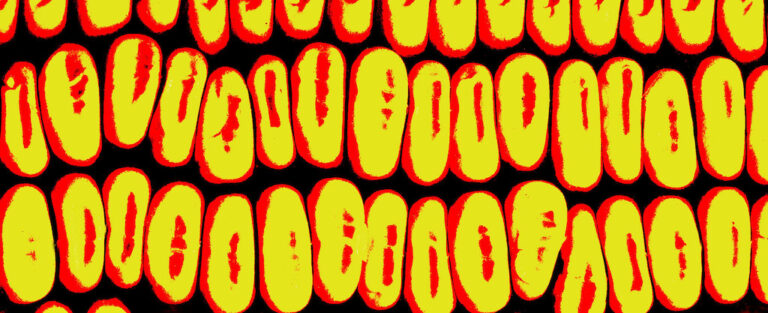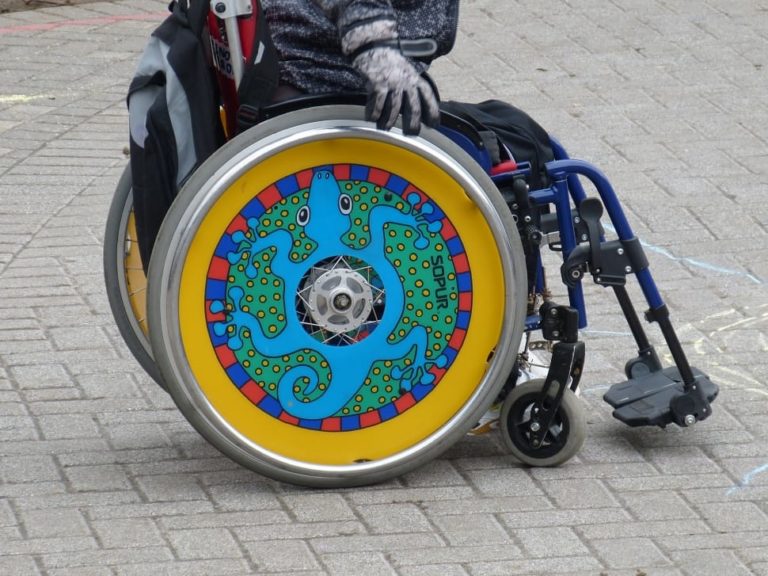Reading a robust archive of twentieth and twenty-first century African-American literature, Joshua Bennett’s Being Property Once Myself: Blackness and the End of Man lays the foundations for rethinking kinship and relation between humans and animals.
Articles by Sohum Pal
Sohum Pal (he/they) is an independent scholar living in New York City.
Crip Twitter and Utopic Feeling: How Disabled Twitter Users Reorganize Public Affects
Conceptually, online activism remains a divisive concept: detractors decry it as low-commitment “slacktivism,” and proponents argue that the Internet is a powerful platform for organizing. Particularly for disabled persons, the Internet provides new avenues for engagement and organizing work by allowing disabled persons in disparate places to connect with each other. While the intersection of disability activism and online activism remains underexplored, existing literature remains anchored to the notion that disabled online activism’s greatest impact is in organizing physical protests and actions. This paper scrutinizes the actual work and impact of three disabled Twitter activists, and wages an argument based on how Twitter activists make other users feel. Particularly, this paper synthesizes affect theory with Althusser’s notion of “interpellation” and revises Michael Warner’s theory of “publics” to argue that such disabled Twitter activists and their followers mutually generate networks distinguished by shared feelings (affective networks, as this paper terms them), and that these networks are constantly being renegotiated and transforming the feelings of their members. The paper makes four key interventions: first, it writes against Michael Warner’s initial reluctance to include the Internet in his theory of publics, by arguing that Twitter followings model Warner’s publics. Second, it performs close readings to describe both how Twitter users’ writings generate affective networks and what activist impact these affective networks have. Third, it identifies and describes radical optimism and the utopic work of “demanding” as constituents of Twitter users’ affective networks. Finally, this paper examines and describes how affective networks shift with each tweet, and how such writings transform the feelings that constitute those affective networks. Arguing in part from my own subjectivity as a disabled Twitter user, I contend that Twitter enables disabled users to organize their feelings according to the feelings they want to have, and the feelings they think they ought to have.

